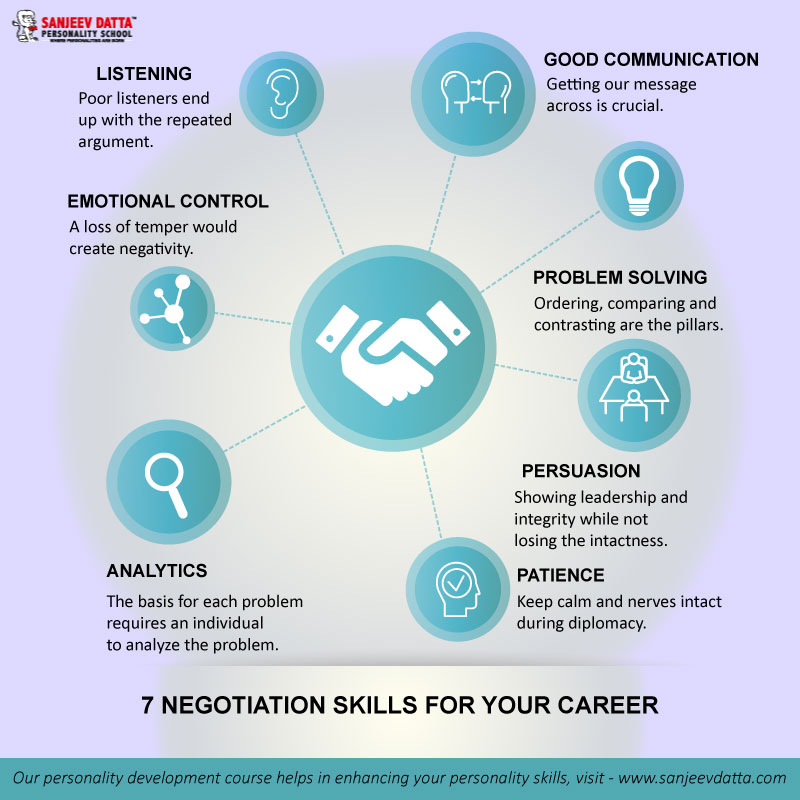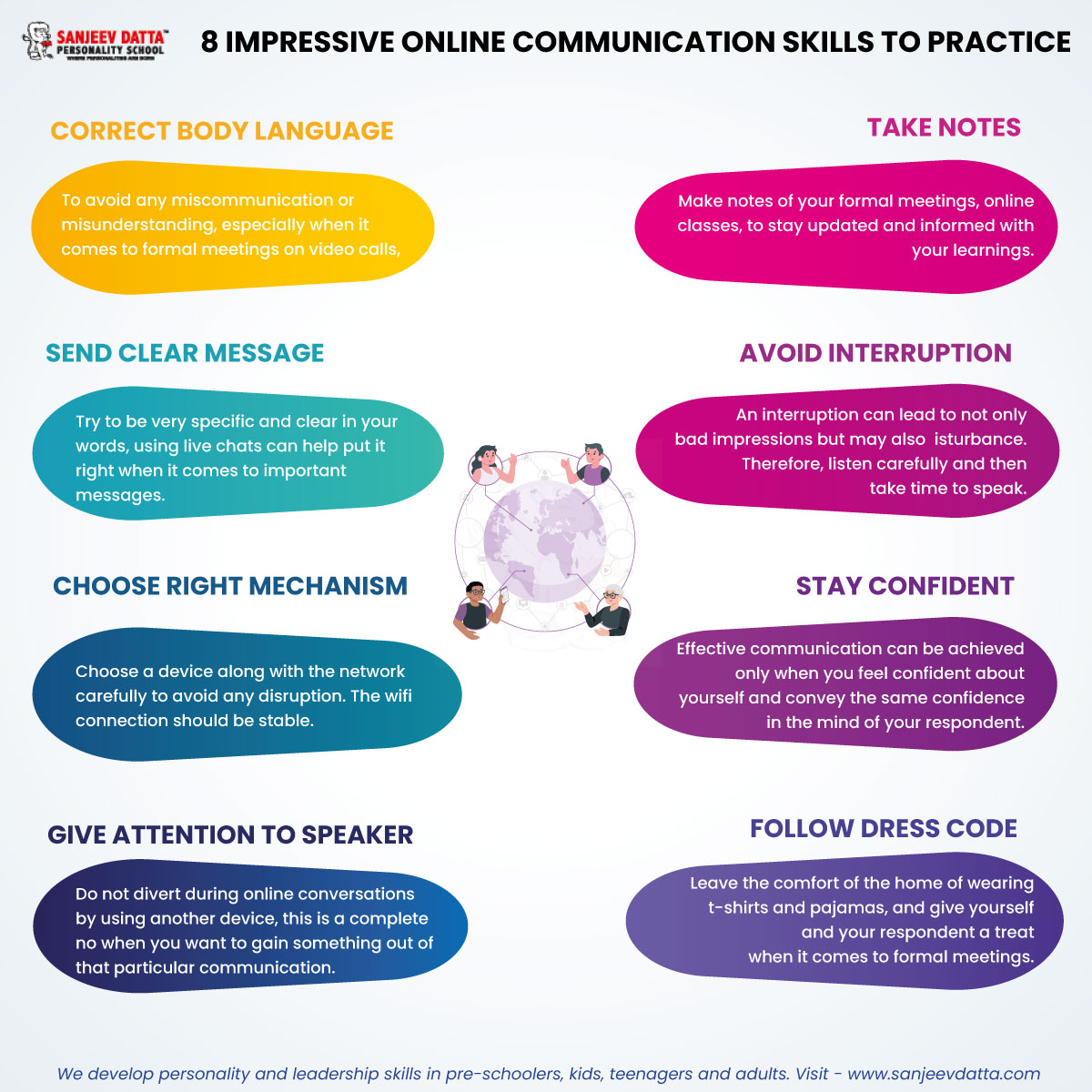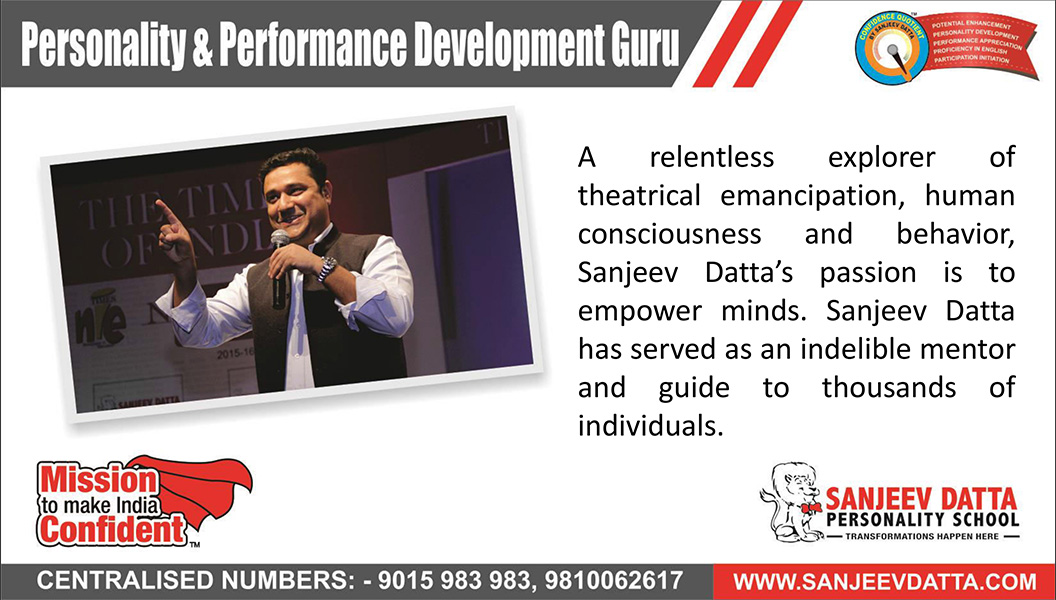Communication is defined as the act of sharing and exchanging information, ideas or feelings. In our daily lives, communication plays a major role in expressing ourselves, understanding others, or in daily routine tasks. The importance of communication can be realized in both formal and informal encounters. In the professional world, if we learn and follow certain protocols of communication, then this may lead to success. Therefore, here we are discussing, 7 pillars of communication that may help in strengthening your personality and achieving your goals.
7 pillars of communication to remember:
-
Trust:
Trust is a concept which we experience, to have effective communication building trust among people or organizations is important. Our concept of trust may vary from others’ concept of trust, what we consider to be trustworthy, others may perceive it as untrustworthy. We have to keep this factor in mind while communicating, we have to watch out for tone, body language, and hand gestures while talking to other people. We have to think about the other person and whether or not he/ she can experience and understand the things we are trying to say. Trust is something that has to be perceived, and an organization must help build effective communications.
2. Emotions:
Humans are associated with tons of emotions, therefore emotion plays a vital role in an organization as the organization is full of humans and their emotions. Some people tend to be more sensitive and emotional compared to others. People should always keep in mind how they speak with other people, their tone, their pitch, the use of words; these all factors should be kept in mind while communicating with other people. The emotions that our communication generates will determine if the other person will continue to talk to us.
Visit: how to improve social intelligence
3. Reason:
Our ability to reason and use logic makes us different from other species. We may seem quite reasonable while making a point but others may find us to be unreasonable. We should keep this factor in mind and have communication that would be reasonable for everyone. E.g. in an organization personality development skills are found to be reasonable and valuable by the manager, but the workers may not take appropriate interest in and may find it as unreasonable, and they would rather work than take part in personality development skills seminars.
These first 3 pillars are derived from Aristotle’s rhetorical proofs; Ethos, Logos, and Pathos which translates as trust, reasons, and emotions.
Visit: soft skills activities
4. Purpose:
Every communication requires a purpose that includes the information and objectives which one wishes to fulfill and communicate. You have to keep the purpose of your communication in mind while delivering information and not fluctuate from your purpose. The other person will be able to understand you in a better manner when you communicate while keeping your purpose in mind.
5. Credibility:
Every message communicated between sender and receiver must be believable, credibility is earned over some time. The sender should communicate in a manner that will make the receiver believe him. Leaders of an organization should talk about true subject matters, and form a relationship with the workers. This would help in earning trust and forming a leadership figure who will be credible.
Visit: teamwork skills in the workplace
6. Clarity:
One should be clear and precise while communicating. Clarity helps understand the message more effectively. Use plain language and deliver it simply just as the best personality grooming trainer uses clear language to help understand the audience. You could ensure the clarity of the message by reading to yourself first and then sending out the message. Keep the language plain which would be understood by everyone this would help in effective communication.
Visit: ways to overcome communication barriers
7. Connection:
Building a healthy connection with your colleagues, staff members help you stay connected and build a bond. A leader should not just be strictly professional, he /she should also show some interest in workers’ lives too. Leaders should create a friendly atmosphere and workspace that will result in forming healthier bonds. Which will indeed reflect on the work ethics. Creating a bond with the employees will make the employees feel safe and feel at home and they will work with utmost respect and dedication. Communicating will indeed become easier. Communication will be efficient and effective.

One should keep these 7 pillars of Communication in mind while having conversations with others. These pillars give you an idea about how effective communication should take place, how a sender should communicate effectively while keeping a note of all these factors, these pillars will help the sender understand his receiver in a better way.
Communication has 3 components:
- Verbal: the words we use
They are brief and organized, are free of jargon, and do not create resistance in the listener.
- Nonverbal: body language
Primary ways of communicating emotions include facial expressions postures and gestures.
- Paraverbal:
How we say the words( tone, pitch, and pacing of words)
These 3 components should also take in accordance while communicating. The communication process is truly successful when one keeps in mind all three components and the seven pillars, this helps the sender understand the environmental factors as well as the receiver’s emotions and point of view.
Through our personality development course, we offer:
- INSTANT PERSONAL & PROFESSIONAL GROWTH
We have seen our iconic youth students* to get appraisals & promotions within 6 months of completing our course. - BETTER LIFE FUNCTIONALITY LEVELS
Our TAM Theatrical Action Method modules are practical & create a lifelong imbibing of skills to better the life functionality level. - COMPLETE SKILLS DEVELOPMENT
Covers all aspects of Iconic Youth Skills from internal persona traits, personality strengths to relevant Skill set. - CUSTOMISED COURSE MODULES
Tailor made one on one training program to address individual requirements post our Success Skills Assessment. - SANJEEV DATTA PROGRESSIVE TRAINING
All success parameters of our students are marked at the beginning & mapped throughout the program to analyze regular improvement in Success ability. - ASSURED PERSONA TRANSFORMATION
Learn from the Pioneer & Personality Skills Mentor for International Pageants with 7 title wins for India.
For more details, contact us now!










